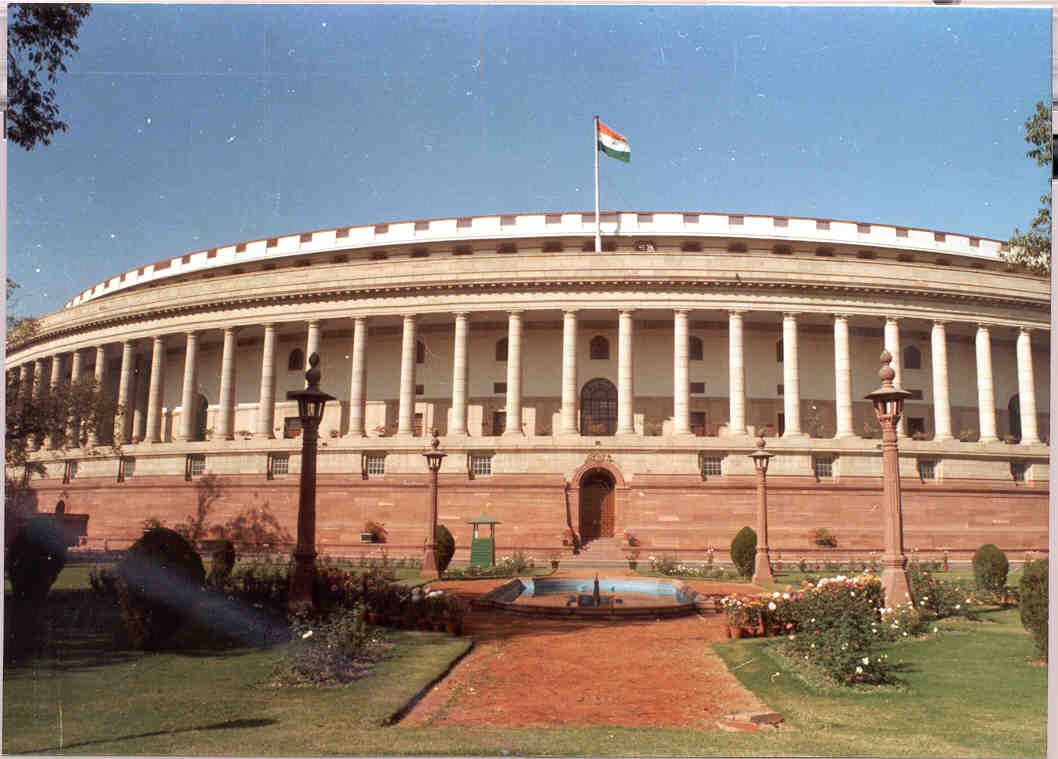The country and the world witnessed the Lokpal Debate in the Rajya Sabha on December 29, 2011. There were some brilliant speeches, apt rebuttals and after all the oratory, the ruckus that ensued. An Indian citizen, like me, would take it as a failure of the ruling party to pass the bill in the Rajya Sabha, on face value. There might have been ‘operational issues’ that delayed the presentation of the bill in the Rajya Sabha but as a spectator to the antics being played out in the Upper House of the Parliament that rules a country of 1.3 billion people, the live telecast painted a sorry picture of the Democratic values that the country was established upon.
The Lokpal Debate was also an eye-opener and probably would go down as one of the case studies in management schools about how not to manage projects, both, from and operational and business perspective.
Let’s dig right away into the observations, without wasting much time on a recap of the low-points from a day that the Indian Democracy was a witness to.
IDENTIFY YOUR TARGET AUDIENCE
The Congress party failed miserably in understanding the target audience for the debate. They focused on a point-by-point rebuttal to what Arun Jaitley, leader of Opposition in Rajya Sabha, had spelt out. What the Congress leader Abhishek Manu Singhvi missed out on was that the whole nation, at least those who have access to electricity and television, was watching. Let’s keep this figure at 600 million Indians, including the fringes that followed the debate through running commentaries at chai stalls and while commuting back home after a hard day’s work. Eliminate another 300 million of these Indians who are interested in the business of politics to get a perspective on the goings-on in the country when a huge media buzz is surrounding the event.
We are left with 300 million Indians, who are interested in politics of the nation to a certain extent. Eliminate 50% of them to come to a figure of 150 million Indians who followed the debate with great intent. Of these 150 million Indians, only 50 million would get out of their homes and vote owing to inherent inertia, laziness or for not possessing a voter ID card since they are moving from one city to the other.
For a political party, 50 million is not too big a number. What they forget is that these 50 million Indians are active online and offline in disseminating information to the rest 550 million.
The Congress did not address the concerns of these 50 million and neither those of the rest 550 million. The average Indian on the street still does not know what the Government’s draft of the Lokpal holds within. The government must have educated the masses on what they were essentially proposing in their draft of the Lokpal Bill.
RESOURCE MANAGEMENT AND PROJECTION
The Congress faltered when it came to managing the resources. Their MPs were not present during the crucial vote in the Lok Sabha and they did not have the requisite numbers in the Rajya Sabha to win a vote. A bad project manager has no idea how many resources he has available for the project and worse, does not know where they are!
The floor managers really missed out on getting their resource list in place and thus, the entire organization, the government, in this case, faced flak and embarrassment. They also failed to project the requirements for getting the Bill passed in the Rajya Sabha. An erring vendor, an ally in TMC in this case, ruled the roost and forced the government into this position. If project outcome is affected by a vendor, the vendor must be held to task, irrespective of the clout they hold or the importance of the modules that they must deliver. At the end of the day, the successful delivery of the project is what reigns supreme.
PROPER TIMELINES AND PLANNING
What we witnessed in the Rajya Sabha was a text-book case of a mess that is created when the project timelines are not shared with all the stakeholders involved with the project. Minister of State for Parliamentary Affairs, Pawan Kumar Bansal, spoke about the Constitutional restrictions on extending the session beyond midnight and that the Presidential approval was required for such an extension, only at 11.50 PM!
Every Project Manager, however novice he might be, know the rule set in stone – communicate timelines to all the stakeholders. In case of need for an extension of timelines, the request must be shared with the shareholders way in advance and not ten minutes before the time for delivering the project. The government must have sought Presidential approval on extension of the session earlier in the evening when it was aptly clear that the debate would extend way beyond midnight. The Project Managers faltered, yet again.
UNDERESTIMATING THE COMPETITION
The government grossly underestimated the competition. Irrespective of how big or small the competition is, the fact of the business is that it exists.
There are many stories of small fish eating up the big one in business and the same stands true in politics. A Subramanian Swamy brought down the whole NDA government in 1999. The government underestimated the Opposition on December 29, 2011 in the Lok Sabha. The rumours of ruckus being created to stall the House’s proceedings as a government tactic had begun doing rounds towards late afternoon. The Opposition, primarily the BJP, made it clear that they would budge at any instance of provocation by any members of the ruling government or their allies. They stood steady in face of instigations and let the government’s plan unfold, only to stand by their stance and expose the duplicity of the government of the day.
The Congress floor managers should have gauged the mood and the intent of the competition and altered their go-to-market strategy to accommodate the changing scenario. The only problem is, they did not. They essentially played into the hands of the Opposition with the country witnessing the same. The sad part is that the government was trapped in a web woven by it.
PROJECT FAILURE ANALYSIS
The government failed in providing a valid prognosis to failure of the project by blaming the Opposition on the ruckus. Each project failure analysis has documentation as the source of evidence to analyse the reasons for the failure. It is this analysis that helps assess the conditions prevalent at the time of project execution that lead to its failure and act as learning milestones for future projects.
The government accused the Opposition on only one count – that they delayed the vote as they ddid not want the Lokpal Bill to be passed. What they failed to understand is that the Opposition had made it clear that they are ready to stay in the House and discuss each and every proposed Amendment and leave the house only after the Bill is passed.
The Project Managers from the government failed to understand a change in basic requirements of the project that crept in owing to changing business landscape.
There are many more takeways from this case study but the ones highlighted in this article form the basis of project and business management that the government failed to realize.
Do share your thoughts.

